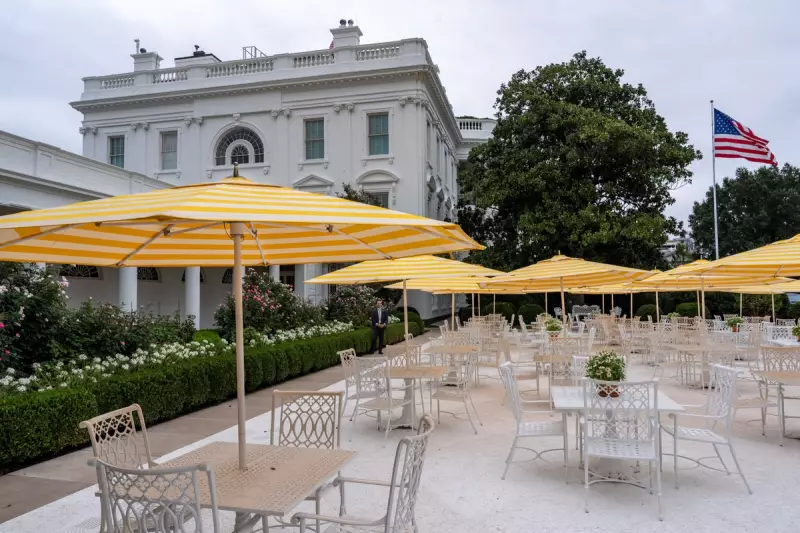
A landscape contractor's viral TikTok video has thrust Donald Trump's business dealings back into the spotlight, alleging the former president's company refused to settle a substantial bill for Rose Garden renovations at the White House.
The contractor, identified in reports as a Maryland-based landscaper, claims his firm is owed approximately $48,000 for work commissioned during Trump's presidency. The dispute centres on a high-profile makeover of the iconic garden, a project personally overseen by former First Lady Melania Trump.
"They Just Don't Pay": Contractor's Viral Allegations
In a TikTok video that has rapidly gained traction, the contractor detailed his frustrating experience. He stated that after completing the work to the required standard, his invoices were consistently ignored and eventually went unpaid. The video alleges that when he persisted in seeking payment, the response was not a cheque but a legal threat.
"We did the work, we sent them the bill, and they just don't pay," the contractor explains in the video. His account suggests this is a recurring pattern with the Trump Organization, a claim that echoes numerous previous reports from other vendors and contractors over the years.
A History of Payment Disputes
This incident is far from an isolated case. Throughout his business career and presidency, Donald Trump has faced repeated accusations from small businesses, contractors, and service providers alleging non-payment for services rendered.
Critics argue these practices demonstrate a deliberate strategy of using legal resources and intimidation to avoid financial obligations, often forcing smaller companies to abandon their claims rather than engage in a costly legal battle against a powerful entity.
The Rose Garden renovation itself was a subject of controversy from its inception in 2020. The redesign, which removed established magnolia trees and significantly altered the garden's historic layout, was criticised by horticulturalists and historians alike.
The White House Responds
In response to the viral video, a spokesperson for the Trump Organization issued a firm denial. The statement characterised the contractor's claims as "completely false" and asserted that all vendors were paid in full and on time for their work on the White House grounds.
This flat contradiction sets up a familiar he-said-they-said dynamic, leaving the public to weigh the contractor's firsthand account against the organisation's blanket denial. The video's popularity suggests many are inclined to believe the contractor's story, given the well-documented history of similar disputes involving Trump's businesses.
As the video continues to circulate online, it serves as a potent reminder of the ongoing scrutiny facing the former president's commercial operations and the enduring controversies of his administration.





